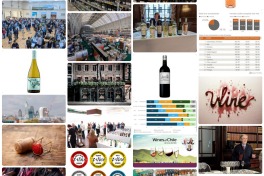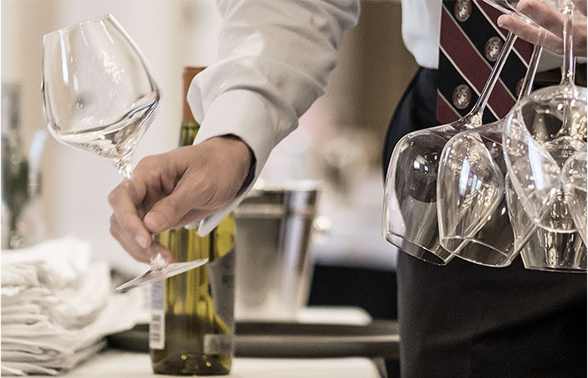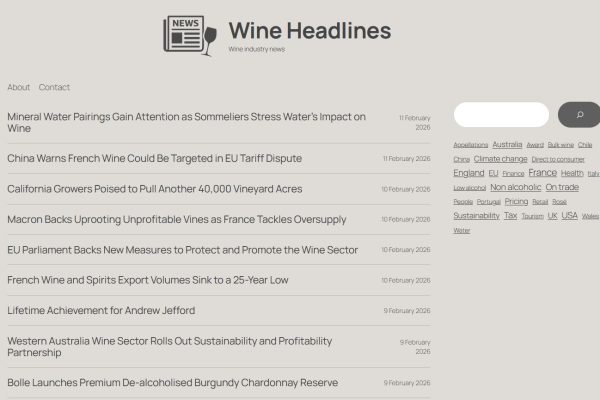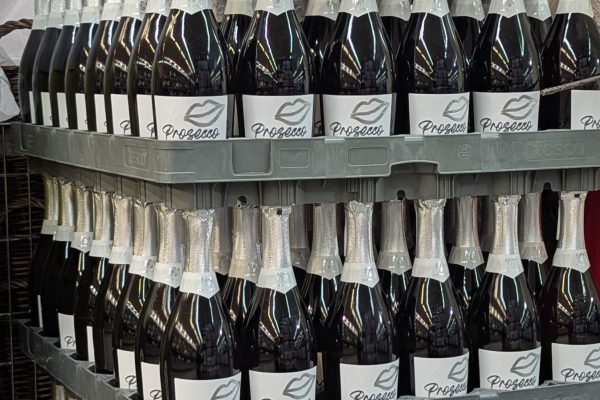
Barrons/Penta is reporting that the United Kingdom is witnessing a surge in interest in winemaking, positioning it as the fastest-growing wine region globally. This increasing interest has led to a significant demand for British wine estates. The southeast England is experiencing a spike in demand for vineyards and undeveloped land suitable for viticulture, from international producers to individual wine enthusiasts.
Recently, the California-based wine giant, Jackson Family Wines, ventured into the English viticulture sector. Jackson owns over 40 wineries across various countries and has plans to produce sparkling wine in Kent. Additionally, they’ve acquired 65 acres in Essex with intentions to cultivate Chardonnay and Pinot Noir vines, aiming to produce high-end still and sparkling wines.
The commercial production of wine in Britain dates back to the 1960s, primarily focusing on German grape varieties suitable for cooler climates. However, the landscape changed in the 2000s when English sparkling wines began receiving accolades and international recognition. The industry’s growth trajectory took a sharp turn in 2015 when Champagne Taittinger acquired 171 acres in Kent, launching their premium English sparkling wine brand, Domaine Evremond. This acquisition spurred interest, leading many to believe that if the French were investing in it, it must indeed be promising.
In the past year alone, inquiries about establishing a vineyard have tripled. The cost of setting up a vineyard has also risen due to increasing labour and material costs. As a result, many new entrants prefer purchasing established vineyards.
Climate change plays a pivotal role in this industry’s boom. Ideal viticulture sites are typically less than 100 meters above sea level, with specific characteristics such as free-draining soils and gentle south-facing slopes. However, as temperatures in Britain rise due to climate change, the market is adapting. Regions like East Anglia, Essex, Suffolk, and Norfolk are gaining popularity, and there’s potential for areas like Oxfordshire, Berkshire and even Wales to become prominent wine-producing regions.
Lastly, the concept of placemaking is becoming increasingly significant. Investments in UK vineyards and wineries have reached nearly £480 million in the past five years. With over 900 vineyards currently in the UK, an emerging trend is vineyards seeking direct-to-consumer sales strategies, often complemented by cafes, restaurants or tasting rooms.














